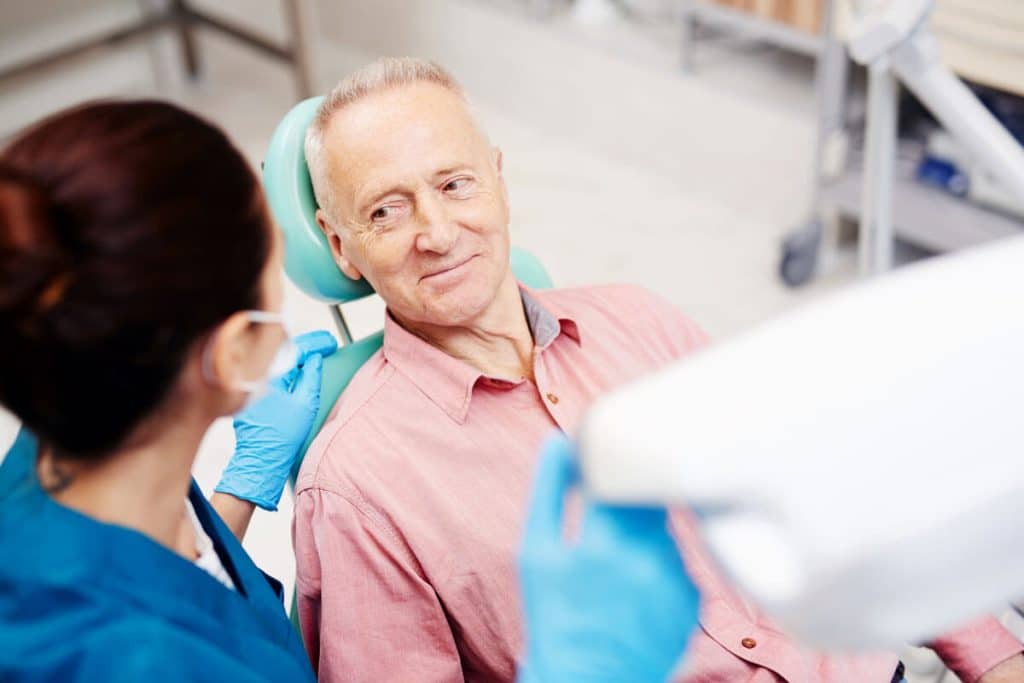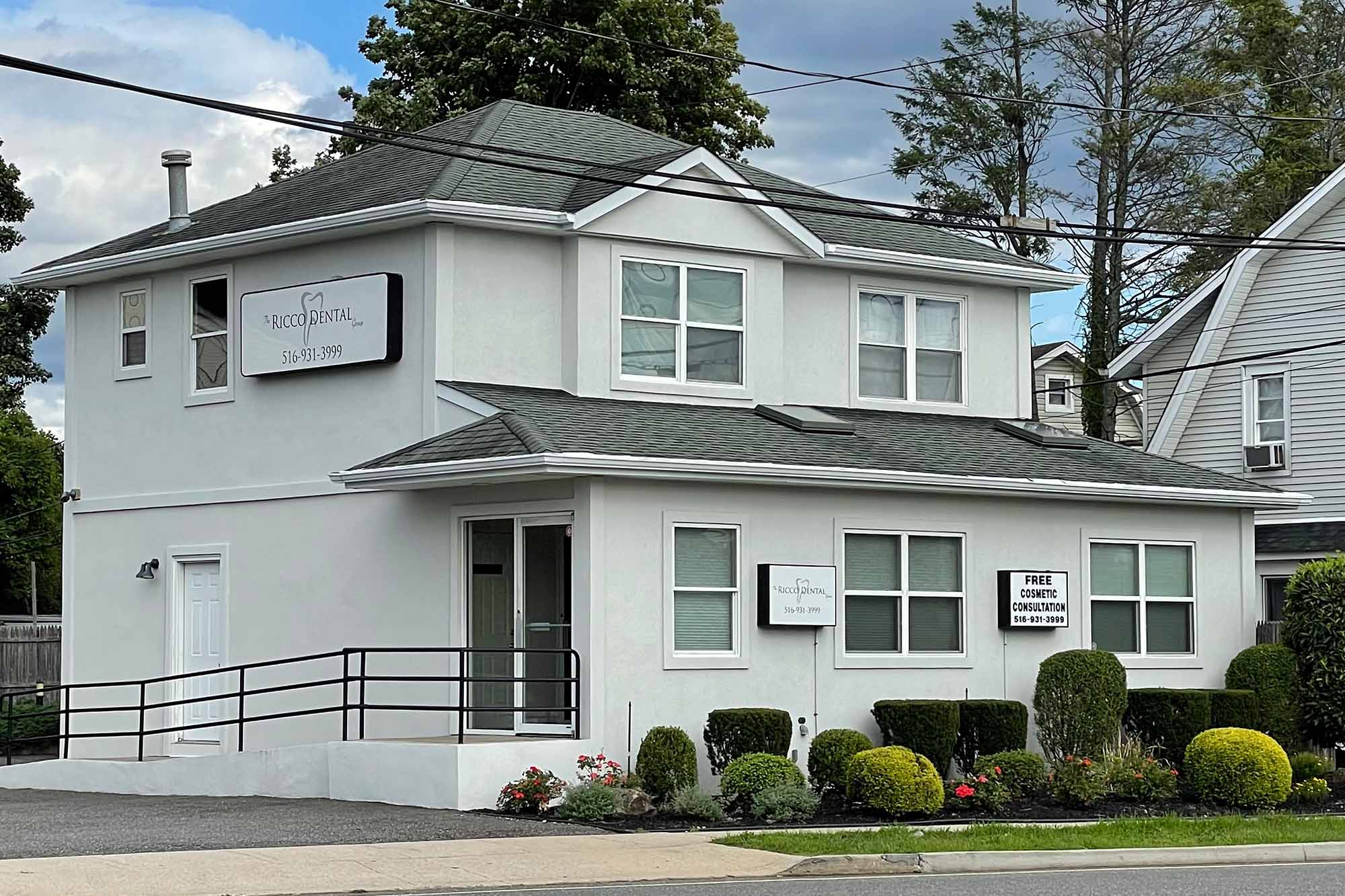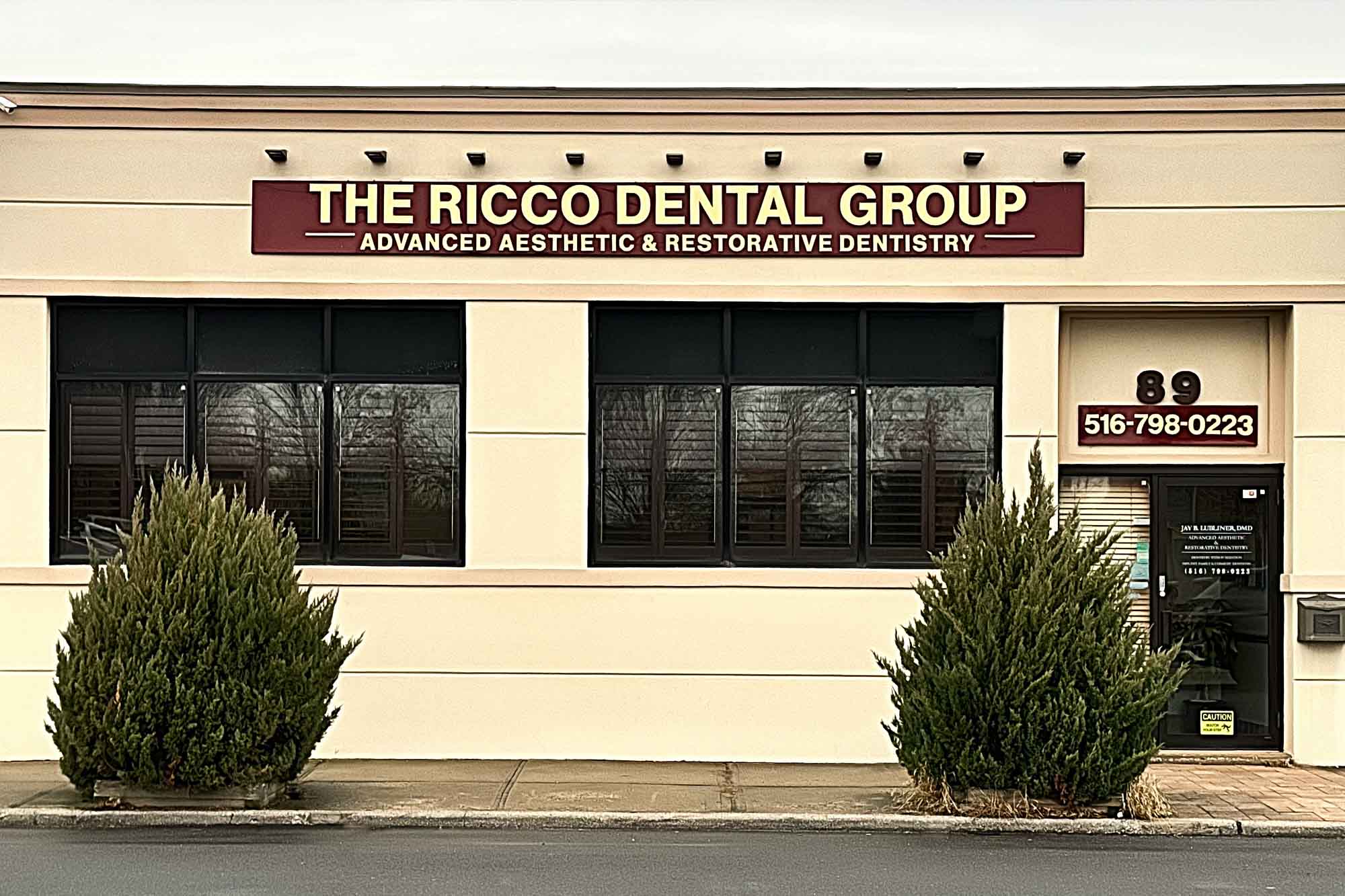What to Expect After a Tooth Extraction

It’s always our goal to save your natural tooth whenever possible, but there are situations in which extraction is the only option. Whether it’s to make room for orthodontic treatment or to remove a badly infected tooth, simple tooth extractions are safe, relatively fast, and painless. Before we begin any work, your tooth and the tissue surrounding it is numbed with local anesthesia. Then, a tool called an elevator is used to loosen your tooth and forceps are used to gently remove it.
As the local anesthesia wears off in the hours after your procedure, you’ll begin to experience some discomfort. The next few days are critical when it comes to avoiding complications and ensuring a quick recovery. Here are some common questions and answers about what to expect after a tooth extraction.
How long does it take to recover from a tooth extraction?
No two patients are exactly the same, but assuming you follow Dr. Ricco’s aftercare instructions, you should feel back to normal about 7 to 10 days following your tooth extraction. Recovery is a process—you’ll probably feel well enough to resume your normal activities a few days after your extraction, even if you’re still experiencing some tenderness. It’s important to listen to your body and take things slowly. When you get rest, it gives your body the opportunity to focus its energy on healing. If you’re too active too soon, it can cause your blood pressure to rise and aggravate swelling and pain.
How soon after tooth extraction can I brush my teeth?
Good oral hygiene is essential after a tooth extraction because it helps prevent infection. Brush and floss as you normally would after 24 hours has passed, but avoid the extraction site until it has healed. Saltwater rinses will help keep the extraction site clean until you’re able to brush there.
When can I start eating normally after a tooth extraction?
For the first 24 hours after your tooth extraction, do not use a straw, eat hot or spicy foods, or drink carbonated or alcoholic beverages; instead, stick to a diet of liquid and pureed foods for a few days. Soups, yogurt, juices, and smoothies are all good choices. As your pain and swelling subside, incorporate a wider variety of foods into your diet, reserving foods that are hard, crunchy, sticky, or chewy for when your extraction site has healed. Use common sense and if you experience pain when eating a certain food, stop.
What should I avoid after a tooth extraction?
For at least a day after the procedure, avoid strenuous activity. Plan on getting rest during this time. Don’t use a straw, smoke, or spit for 24 hours after your tooth extraction.
Can I go to work after having my tooth pulled?
You may not be ready to return to work the day of your tooth extraction. If you want to minimize the amount of time needed away from work, plan your extraction for the end of the week. By Monday, you should be able to return to work if your extraction had no complications and your job is not very physical.
What does a dry socket look like?
After a tooth extraction, a blood clot should form in the socket. If, instead, the socket appears dry and you can see white inside of it, you have a dry socket. Call our office immediately.
When else should I call Dr. Ricco?
If you’re experiencing bleeding that won’t stop, severe pain that is not controlled by pain medication, discharge or odor from the surgical site, a fever, or chills, call our office. You may have an infection or other complications.
Learn More About Tooth Extractions
If you’d like to schedule a tooth extraction with Dr. Ricco, contact us today at 516-931-3999 to make an appointment.




